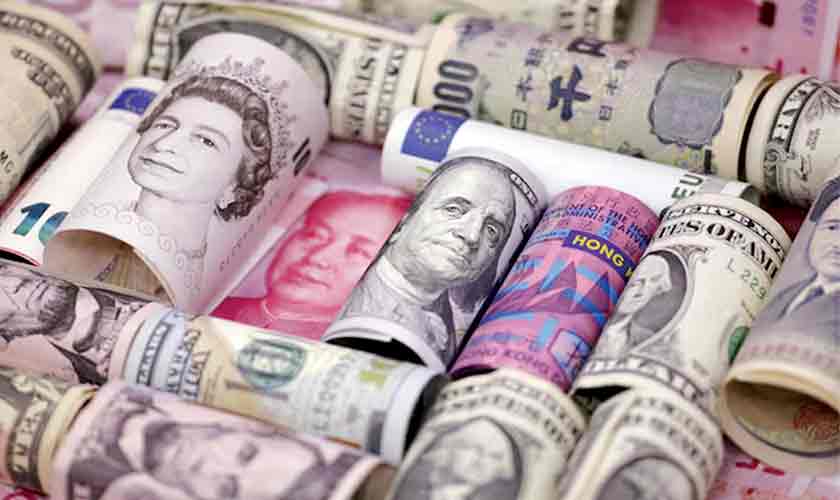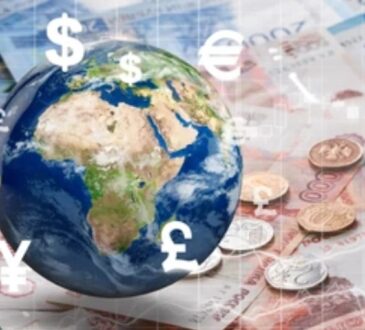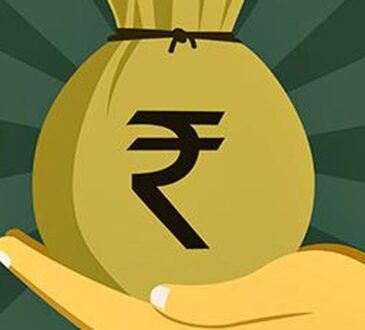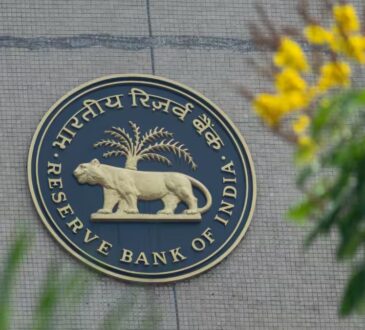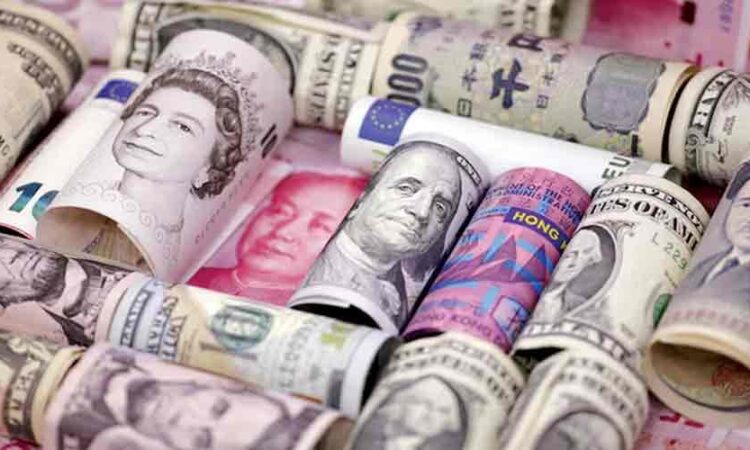
GLOBAL CURRENCY ORDER
For nearly eight decades, the US dollar has dominated the global economy. It has been more than a currency; it has been the bloodstream of global trade, finance and power.
Every oil contract, every IMF loan and every corporate deal, from Karachi to Cape Town, has, in some way, bowed to the greenback. But what happens if that privilege ends? What if the dollar is dethroned as the world’s reserve currency? The consequences would be nothing short of a global economic revolution.
French Finance Minister Valery Giscard d’Estaing once coined the phrase ‘exorbitant privilege’ to describe America’s ability to borrow cheaply and print endlessly. Unlike Pakistan, Venezuela or Argentina — whose currencies collapse under the weight of reckless printing — the US can export inflation abroad. When the Federal Reserve prints dollars, the world absorbs them: central banks stockpile them, corporations settle trade in them, and investors rush to buy US Treasury bonds. This privilege allows Washington to run record deficits, fight endless wars and fund welfare programs without collapsing under its own debt. The world’s trust in the dollar has been the magic trick keeping America’s empire alive.
Imagine a world where the dollar is no longer the anchor of global commerce. Suppose the Chinese yuan, a BRICS-backed digital currency or even a gold-linked settlement system, replaces it. What changes? Today, when America prints, foreigners absorb the excess by holding dollars. Without this cushion, every extra dollar would flood back home, driving domestic inflation through the roof. US Treasury bonds, once considered risk-free assets, would face mass sell-offs. Interest rates would spike to attract buyers, making US debt vastly more expensive to service.
For decades, the US has imported more than it exports, paying the difference with paper it prints. Without a reserve currency status, that luxury vanishes. Imports would cost more, exports would have to rise, and America would be forced into painful adjustments — much like developing countries face today. The same printing press finances American aircraft carriers and global military bases. If the dollar were to collapse as the reserve standard, the Pentagon’s budget would shrink dramatically. Geopolitical dominance would follow suit.
For the US, losing reserve currency status would end the era of ‘free lunches’ and compel America to live within its means. For the rest of the world, it could mean liberation from the hidden tax of dollar hegemony
The winners in this scenario would be emerging economies that have long suffered under the dollar trap. Nations like China, Russia and members of the Global South could finally trade in their own currencies, shielding themselves from US sanctions and dollar liquidity shocks. The losers would be the US consumer, who has long enjoyed cheap imports thanks to a strong dollar. American households would face inflation, higher taxes and a reduced standard of living. Europe and other middle powers may find themselves somewhere in between: while they may struggle in the transition, a multipolar monetary system could give them greater independence from Washington.
The US still holds key advantages: deep financial markets, military dominance, institutional credibility and the inertia of habit. Even China, despite its ambition, faces hurdles: capital controls, lack of transparency and weaker global trust. But history teaches us that no empire, and no currency, rules forever. The British pound once held the same ‘untouchable’ status until two world wars and American rise dethroned it. The same fate could befall the dollar in the coming decades, accelerated by BRICS initiatives, centrally-backed digital currencies (CBDCs) and America’s own fiscal recklessness.
The most likely outcome is not an overnight dethronement, but a gradual shift toward a multipolar system, where the dollar, yuan, euro, gold and CBDCs coexist as trade and reserve currencies. This alone would dilute America’s ability to print endlessly and force it to compete like every other nation — on productivity, trade and innovation.
For the US, losing reserve currency status would be the ultimate reality check. It would end the era of ‘free lunches’ and compel America to live within its means. For the rest of the world, it could mean liberation from the hidden tax of dollar hegemony: imported inflation, currency crises, and financial dependency.
The day the dollar dies as the global reserve won’t just be an economic event; it will mark the rebirth of global sovereignty. A world beyond the dollar is a world beyond America’s printing press. And that, perhaps, is the most revolutionary idea of our century.
The writer teaches financial markets in Pakistan and can be reached at: hissan3@gmail.com

